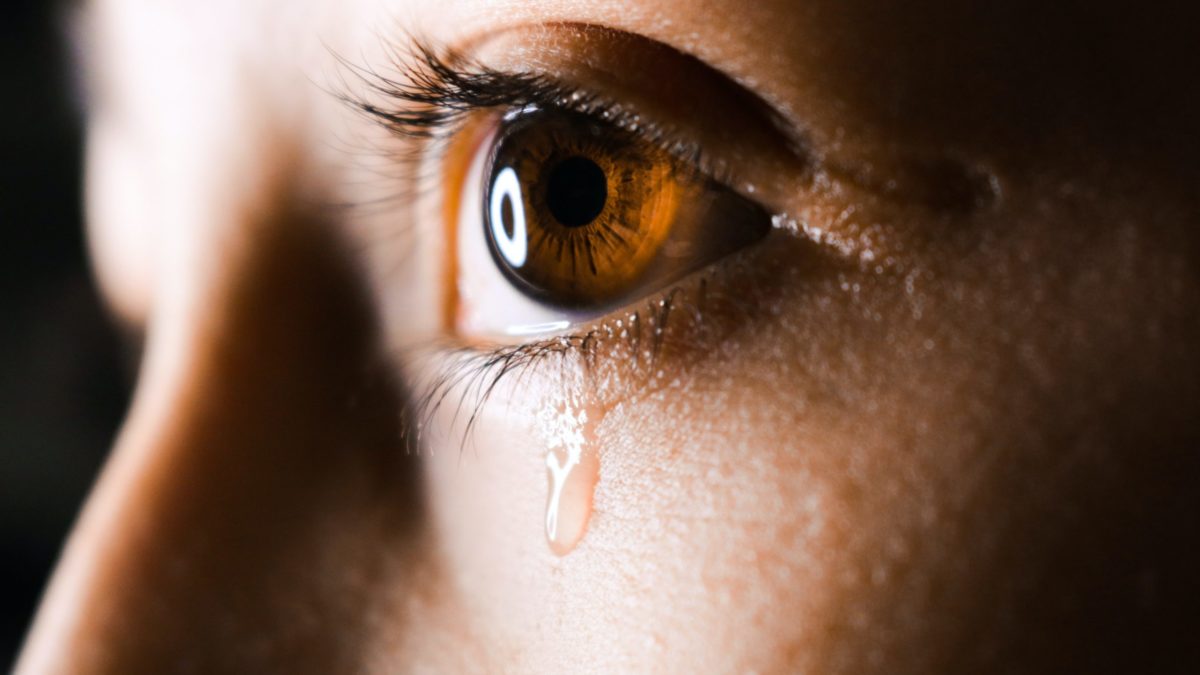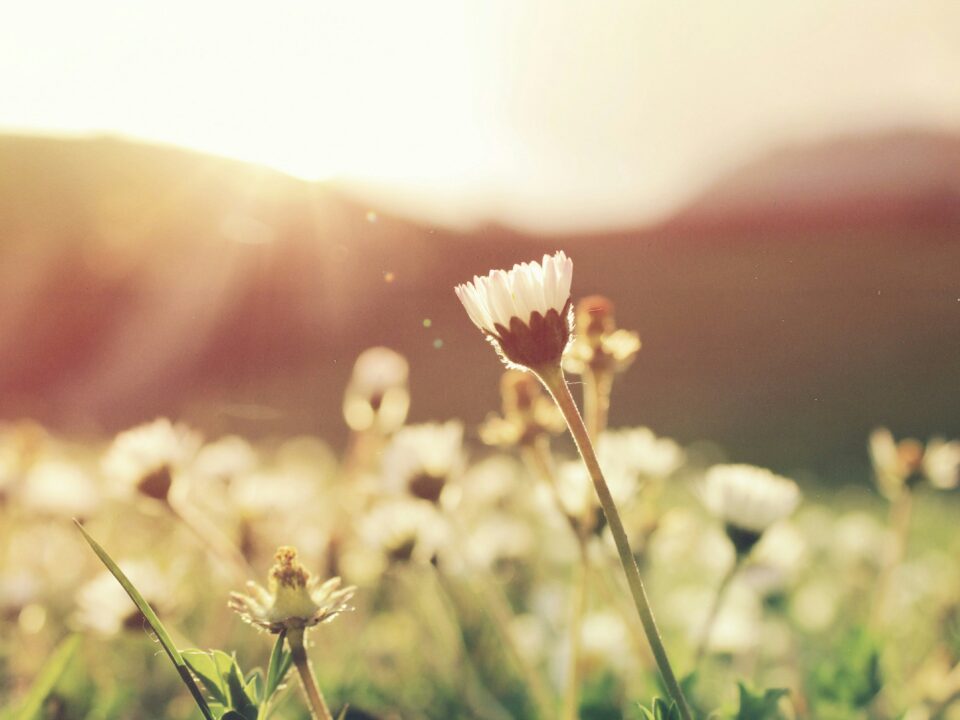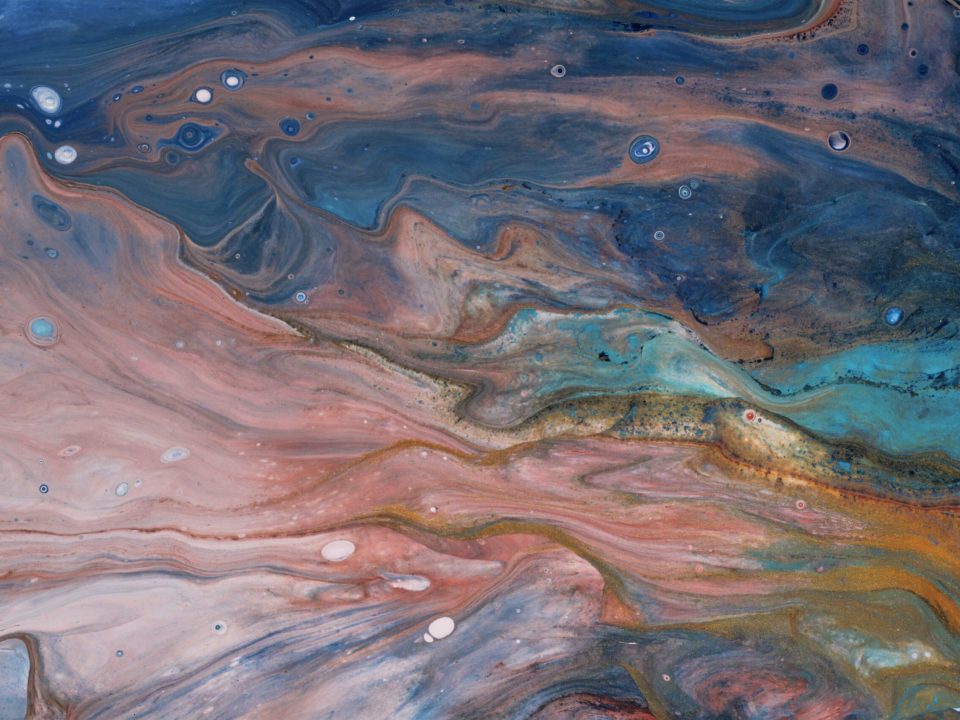Why You Should Cry Today: Rui-katsu & the Tear Teacher
This week my husband sent me a short video produced by the BBC entitled, “The man teaching Japan to cry.” I had goosebumps just a few seconds in and was deeply moved by the sweetness of the “tear teacher,” Hidefumi Yoshida. He claims to have brought over 50,000 people to tears and believes that the heart-felt act of crying has tremendous health and life-style benefits.
This practice of crying is called “rui-katsu” which translates to “tear activity”. People attend seminars and practice rui-katsu with the purpose of relieving stress and being refreshed.
Pause a moment with me.
When you think of crying, do you think of stress relief and refreshment? I don’t and I don’t think we do in America. Crying and emotional vulnerability are becoming more accepted as our society is more fully embracing the power of therapy and emotional expression, which is wonderful. But, there is still negative language and association with tears. When someone cries in front of you, what do they say? “I’m so sorry,” and they get angry with themselves or might feel embarrassed. It is a difficult moment where we feel exposed because crying is seen as weak. Imagine if it was seen as healthy and accepted?
We are so interested in being strong in the United States. I personally found it deeply refreshing to hear a philosophy have neither strength or weakness associated with crying, but simple health.
Yoshida believes that, “It is not enough to tear up. It’s important to shed even a single tear. It is ideal to wail.”
The type of tears is also important. Yoshida believes the most refreshing tears are the ones provoked by emotional experiences, like a stirring movie or story. These tears are very different than the tears of grief over a loved one. Grief forces a lasting sorrow onto us vs. a poem that offers an organic and temporary emotional moment.
I will tell you that as someone who has thoroughly enjoyed sad movies in the past and been very aware of when I needed a good cry, this pandemic has all but killed that sensation or desire for me. I find myself moved in certain moments as a watch my daughter sing a favorite song but I immediately try to suck it all in because I think I will probably just wail if I actually let myself. And wailing, well, it’s a little scary for those of us unschooled in rui-katsu.
But why is crying scary? My first answer is it feels like a loss of control. We are big fans of self-control and “keeping it together” so that we don’t cry and make everyone uncomfortable.
The rui-katsu answer is different and, I think, far more important:
Yoshida says,“With all the emotions we feel, crying reveals who you really are. I want people to look at who they are.”
I think that in this landscape of shutdowns, smokey skies and human tragedy, we are all having a hard time looking at things. The cumulative sorrow of this year is something I don’t want to see because then I have to feel it and have it be real. As I type those words I hear the fear and avoidance of my pain. I don’t want to live that way.
So, I am going to wail this week. I need it and I actually kind of want it.
Rui-Katsu is a fascinating practice that I think could challenge and profoundly change our perception and approach to crying. Yoshida goes on to say that crying boosts our immune systems, helps us live better, and adds to our spiritual experience.
I want more of all of that right now – how about you? Will you join me and cry this week? If you need to (and you already know the answer, I hope you will.
Click here to see the original BBC story.




